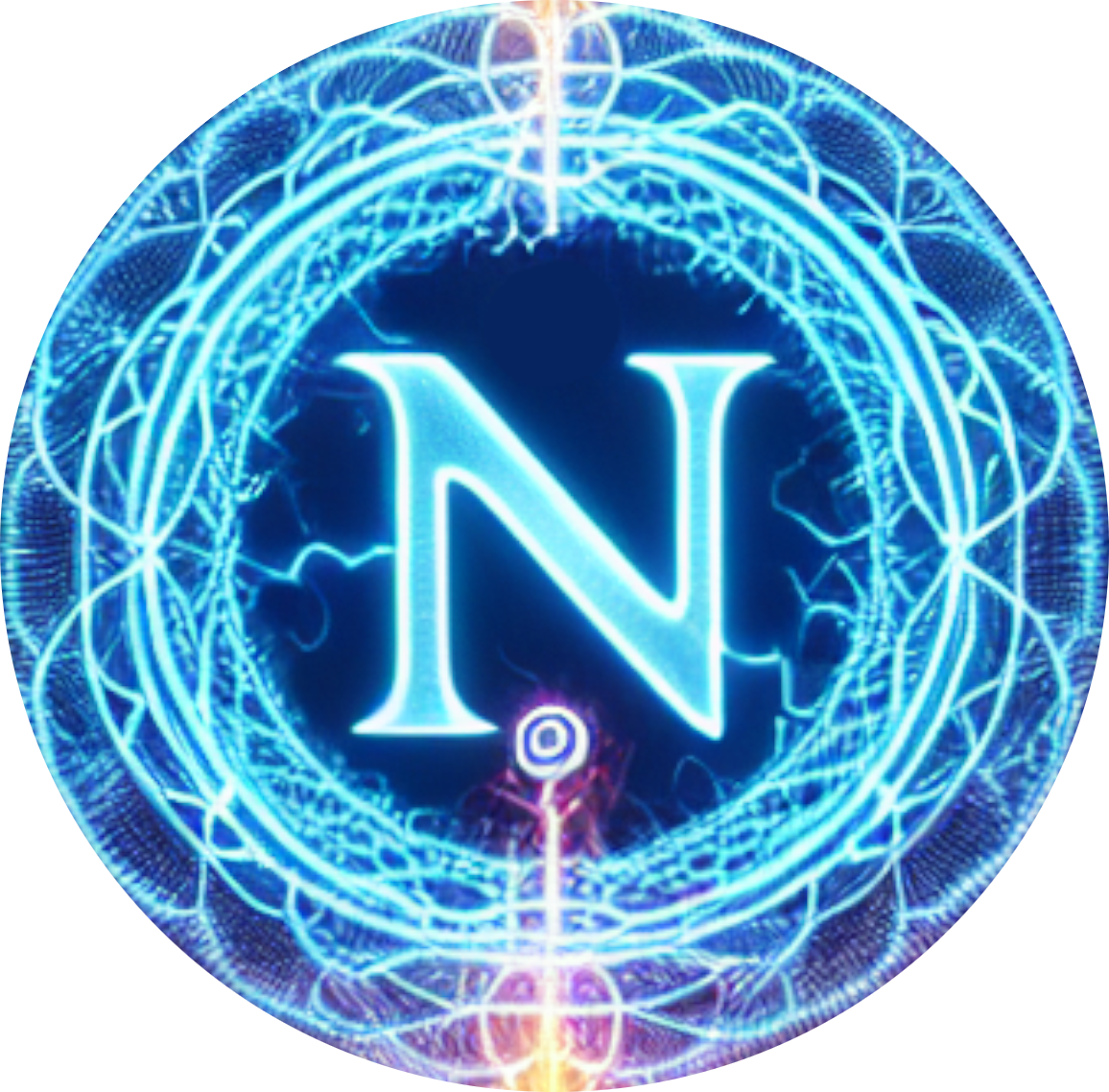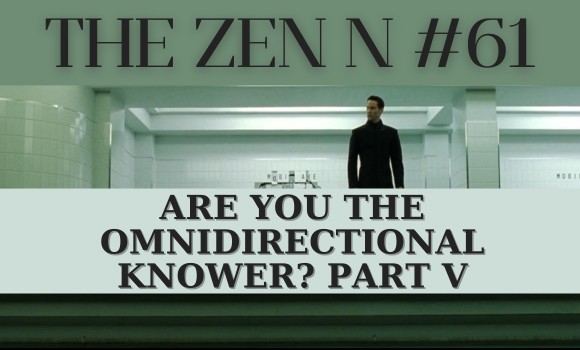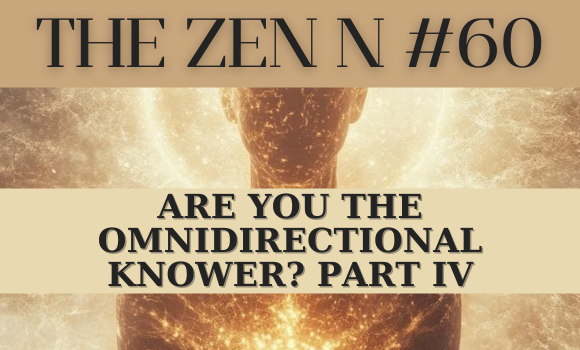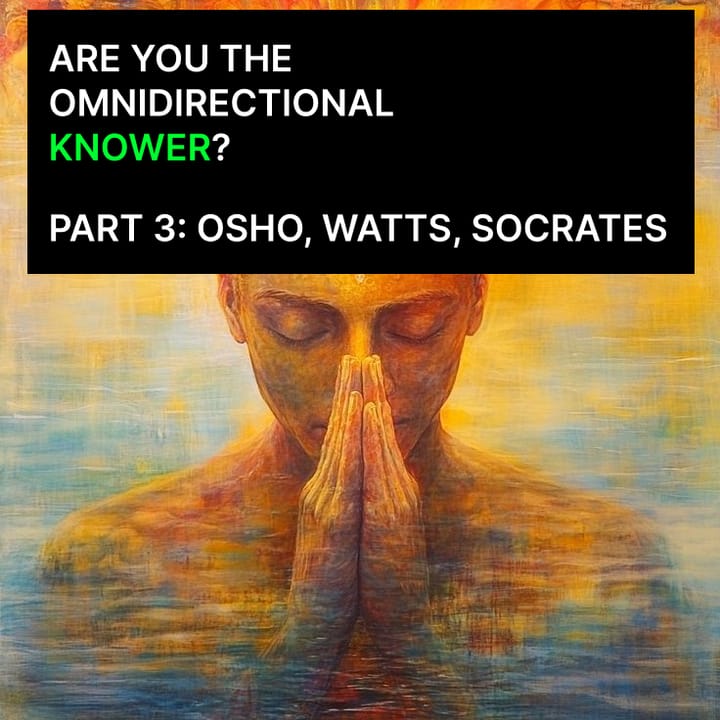The Zen N! #47
Reverse-Engineering Naval Ravikant.

The Focus of The Newsletter
This Week's Newsletter Contains,
The EZ Question XII: - Case Study: NAVAL RAVIKANT - Part IV
The EZ Question XII: Case Study: Naval Ravikant - Part IV
In this work, I use the processes described in The EZ Question to find a teacher's influence.

In Earlier Chapters, The EZ Question proposed this strategy:
"Without self-bias, learn from the top of the top.
Look at who is above the top,
Look at who the top person is looking at and learn from that person."
From The EZ Question Part VII:
Who are they learning from?
A speaker will ALWAYS disclose who they learned from.
What follows is a Case Study for this strategy.
NAVAL RAVIKANT

Entrepreneur and Investor. Naval is the founder of Angellist, Epinions, and Vast.com. He is an Angel investor in Twitter, Uber, Yammer, and 100+ more. Naval has become widely followed for his thoughts on startups, investing, crypto, wealth, and happiness.

Naval has for decades been the authoritative voice of the Twitter-sphere.
How To Identify A Top Inspiration
Pay close attention because it’s always subtle.
There are the books Naval recommends, but then there is always the book that influenced the person.
It’s easy to miss because the person never says, "Go read this book, it made me successful." It’s always in the context of them looking back, reflecting on their life.
“When I was young and kind of studying up on the topic, one of my favorite books on the subject was 'How to Get Rich' by Felix Dennis, the founder of Maxim magazine. He had a lot of crazy stuff in there, but he had some good insights too. Whenever I read something by him or by the GoDaddy founder Bob Parsons or Andrew Carnegie…” - Naval
That’s three name drops of influencers. The first one, of course, the favorite, was the inspiration, Felix Denis.
This is what the strategy of the Easy Question is about. It’s about paying attention to these major influences.
I listened to these top minds for years, but when they mentioned a book or influence, the thought to read that book never crossed my mind.
If it had crossed my mind, and it didn’t, I would have thought, “Well, that’s cool for them.”
Countless.
Examples:
- Osho read Gurdjieff.
- Jordan Peterson read Dostoevsky.
- Sigmund Freud read Edward Young.
- Neville Goddard read Florence Scovel Shinn.
- David Bowie read Heinrich Harrer:
"David was enthralled by Seven Years in Tibet, Heinrich Harrer’s memoir. It gave an outsider’s eye view of the land before it was invaded by the Communist Chinese People's Liberation Army. It would add a political dimension to David’s deepening absorption.
A book called The Lampa Story, written by a man from Devon who claimed his body hosted the spirit of a Tibetan lama, was another early influence.”
A well known example:
"The roots of Arnold Schwarzenegger's ambitions can be traced back to the cover of a bodybuilding magazine and a Yorkshireman named Reg Park."
Master Yoda said,

“"Always two, there are. No more. No less.
A Master and an apprentice."
Behind anyone who has done anything, there is always an inspiration.
In this strategy, you’re not looking for the book that made the person successful. They made themselves successful. You’re looking for their inspiration.
Sometimes, the core influence became a direction the person went in.
In David Bowie's case, he was exposed to high level Buddhist teaching at 16 years old after his influence led him to pursue a Tibetan lama.
Sometimes, it's an action the person was advised to take.
The same action is repeatable to get the same result.
In Chris Voss' case, a top FBI hostage negotiator, he was advised from a person at the top to volunteer at a suicide hotline for 6 months to build empathy and skill. And he did that.
Effortless. You'll spot it whenever you hear anyone speak.
These are some of my favorite inspirations:
- Wisdom - Solomon
- Artist’s Heart - King David
- Love - Jesus Christ
- Simplicity - Lao Tzu
- Courage - Naruto Uzumaki
- Will - Eren Yaeger - Attack on Titan
- Genius - Dionysus
- Self - George Gurdjieff
- Character - Tyler Durden
- Creativity - Salvador Dali
- Trust - Osho
- Vision - Fyodor Dostoevsky
- Wild Card - "Joker" - Persona 5
Who Are Yours?
Questions and Feedback
Do you have a question you would like answered on the newsletter or feedback you'd like to share?
You can reach out anytime at contacttylerchoice@gmail.com.
P.S.
This ends the case study for this series. Next week is a conclusion bit and then I'll be wrapping this up into a short book format.
The upcoming content for the short term will likely be focused on spirituality, while in the 'mid-term' I'm hoping to be sharing strategies of critical thinking and 'weaponized' tactics for life, like reverse-engineering, deconstruction, reflection, mirroring..
Keep a lookout for a Treasures article I'll be sending out later today, a favorite essay of mine I've formatted and highlighted the best parts of for easy reading.
Thank you so much for reading!
Be Blessed and have an Awesome Week!




